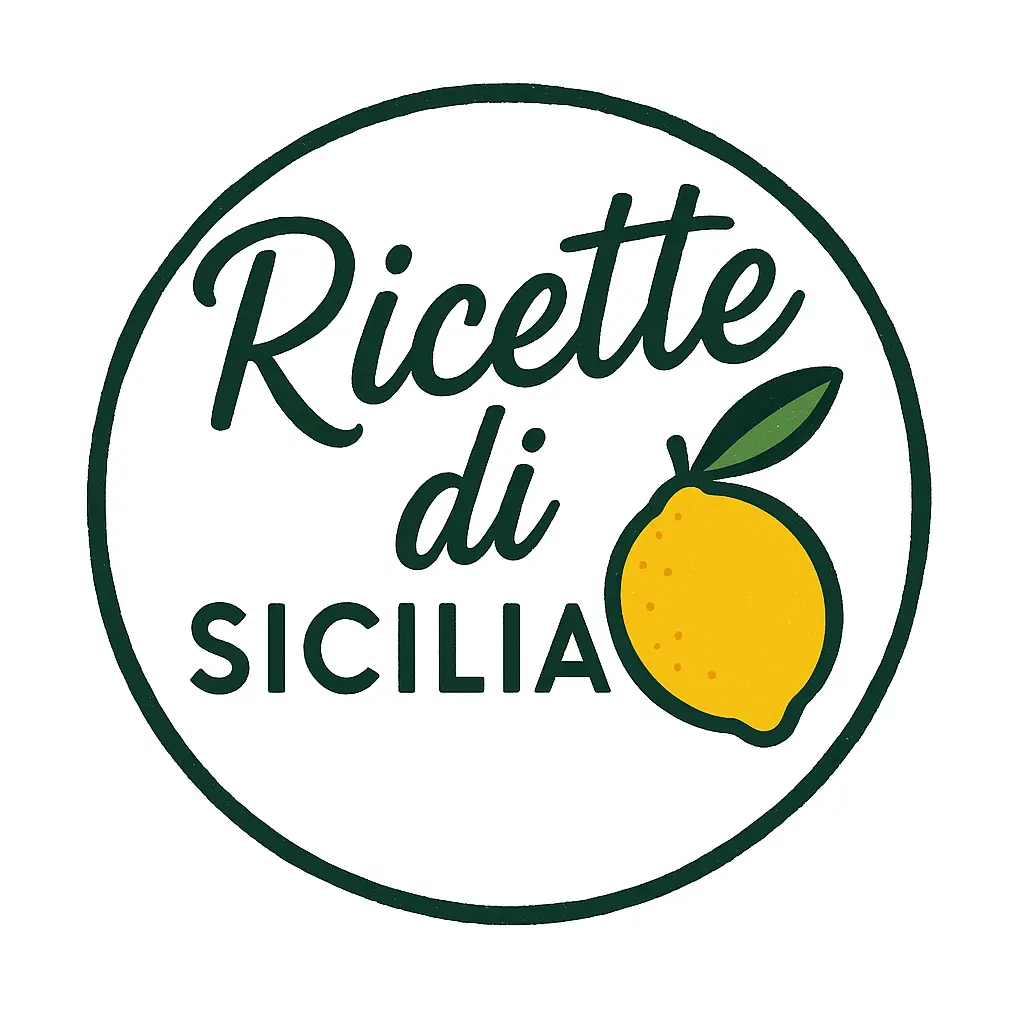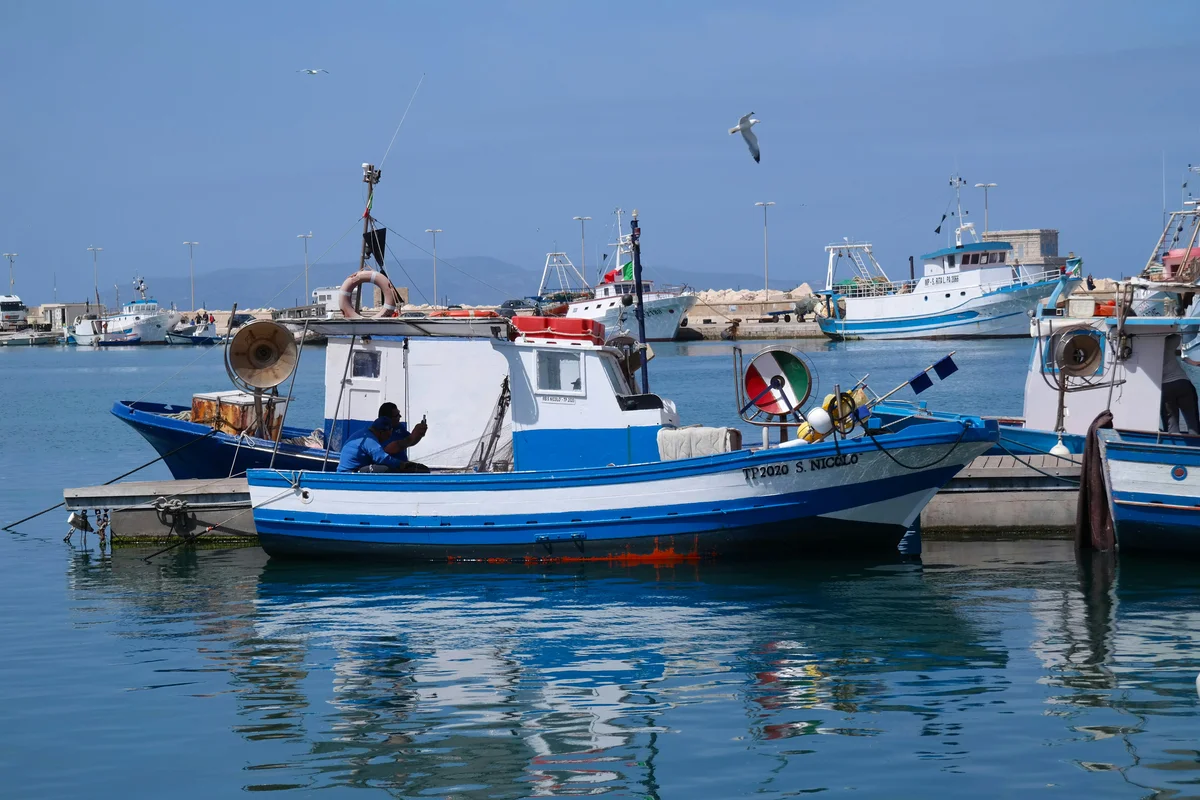The Salt-Soaked Lives of Sicily’s Early Seafarers
It takes only a few minutes on a Sicilian fishing boat to understand why food was never merely sustenance for the island’s ancient mariners. As the Mediterranean unfurls in shades of deep lapis and pale turquoise, and the rhythmic slap of waves echoes against the hull, one begins to sense the isolation of those long hours-sometimes days-spent chasing shoals across unpredictable waters. Their meals, simple as they were, offered warmth, strength, and an anchor to home.
Bread: The Lifeline of the Sea
Bread, that most essential of Sicilian staples, formed the backbone of the fishermen’s diet. Hard, dry loaves-baked intentionally to last-were stowed in woven baskets or tucked beneath wooden benches. These were not the airy, fragrant loaves one finds in today’s bakery windows, but dense, durable rounds that could withstand salt spray and the relentless Mediterranean sun. Fishermen would soften them with seawater or a splash of vinegar, transforming them into something chewy, restorative, and unexpectedly satisfying.
Salted and Preserved Fish: A Fisherman’s Paradox
Paradoxically, even men who spent their days surrounded by shimmering shoals often relied on preserved fish rather than the fresh catch. Dried anchovies, salted sardines, and tightly packed jars of tuna were practical, reliable sources of protein. These foods could survive days at sea without spoiling, their flavours deepening with time. A fisherman might tear off a strip of salted tuna, soak it briefly, and eat it with olives or onions-an impromptu meal that carried the concentrated taste of the island’s coastal villages.
Olives, Cheese, and the Comforts of Land
In the creaking wooden compartments of ancient boats, one would often find small clay vessels holding olives, their brine dark and fragrant. A hunk of sheep’s cheese-firm, salty, and rugged like the men who carried it-was a treasured companion. The combination of olives, cheese, and dried bread was more than a meal; it was a reminder of family kitchens carved into stone hillside towns, where the scent of warm ricotta and the hum of market chatter lingered in the air.
Poor Man’s Dishes with Rich Stories
When boats were anchored or the sea offered a moment of calm, fishermen sometimes prepared modest but nourishing dishes using ingredients they carried from shore. One such dish was a rudimentary seafood stew: a handful of small fish, a clove of garlic, a drop of oil, and seawater boiled in a simple metal pot. Another favourite was a salad of raw onions, bread, and vinegar-a sharp, energising meal perfect for warding off fatigue under the Sicilian sun.
The Ritual of Wine and Warmth
No account of ancient Sicilian seafaring cuisine would be complete without mentioning the small flasks of robust country wine that fishermen often carried. Not drunk to excess, but sipped sparingly, the wine provided warmth in cool dawn hours and lifted spirits in moments of weariness. It brought land to sea-vineyards of dusty green vines, families tending to them, and the deep cultural rhythm that has always bound Sicilians to their earth.
Meals That Held a Way of Life
Today, as fishing boats glide out of Marsala, Trapani, and Aci Trezza, there is still a whisper of those ancient meals in the way modern fishermen eat-simple, hearty, unpretentious. Their ancestors’ food, shaped by necessity and enriched by tradition, tells a remarkable story of resilience and intimacy with the sea. To taste those humble ingredients is to taste Sicily itself: a land where survival becomes craft, routine becomes ritual, and every bite carries the memory of waves, wind, and the endless blue horizon.
Photo by Jens Peter Olesen on Unsplash

